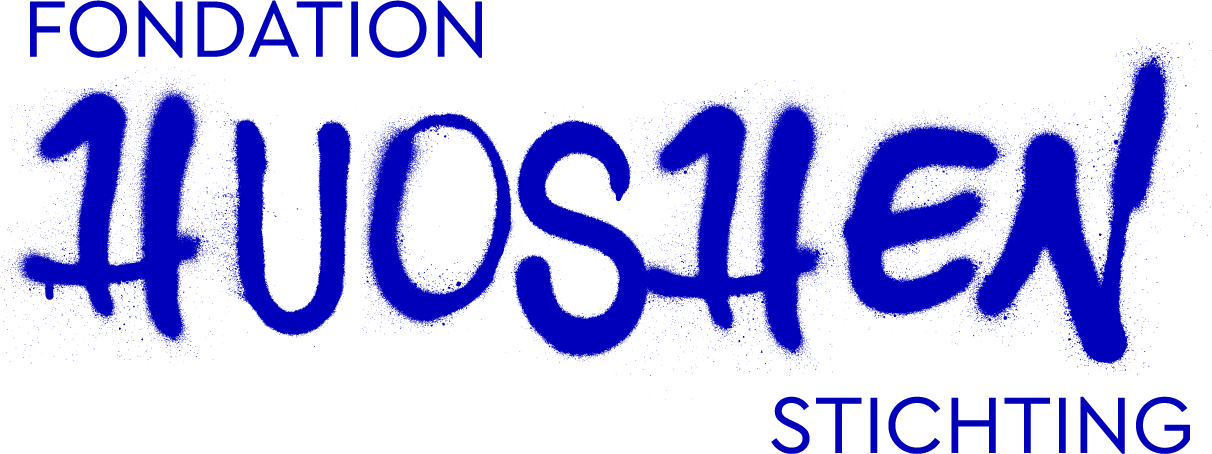Reflection, language and metaphors
After or during the physical activity – sometimes formally built in, sometimes informally – there is a reflection moment. Sensation and emotions experienced in the activity are briefly expressed and discussed. This in turn contributes to the awareness-raising process. Sometimes there is a deeper reflection on the experiences, but generally the verbal interventions are rather short, in between the many non-verbal action moments. The verbal aspect is only functional, not an aim in itself, but a means to the ‘on the spot’ articulation of experiences or emotions.
During such a session we are talking, but we talk about something we do or just did. That makes the difference! Questions like “How do you feel today?” are far too difficult for young people, and even invoke resistance. (psychomotor therapist)
Without reflection, the psychophysical practice risks to reain only ‘physical’. It is exactly this verbalising that renders the experience or action more conscious. And it is this consciousness that facilitates the transfer to situations outside the learning context.
But language is just language, and personal experiences are not always easily expressed by our common language. The use of metaphors and figurative language facilitates this articulation of experiences and insights: the rock and water jargon, animal names in yoga postures, expressions about the physical body,…
What I also often use to increase body awareness related to emotions are expressions that deal with these emotions: I have something on my liver, I feel heavy in the stomach, my body feels heavy, I have a heartache… These expressions really articulate what you feel in the body, and where, and indicate the close relation to the body and emotions. (dance therapist)
Also language and images that join in with the daily life of the youth are very rewarding to work with:
We work with images such as the ‘Monkey Mind’, to indicate a state of mind when our thoughts are scattered; ‘error messages’ when our demons are once again too critical for ourselves, telling us what we do wrong, how inadequate we are. These are expressions that young people understand very well. (mindfulness trainer)
If reflection in words is too difficult, also poems (or just single words), music or paintings can be used to express feeling, thoughts, or an atmosphere.



